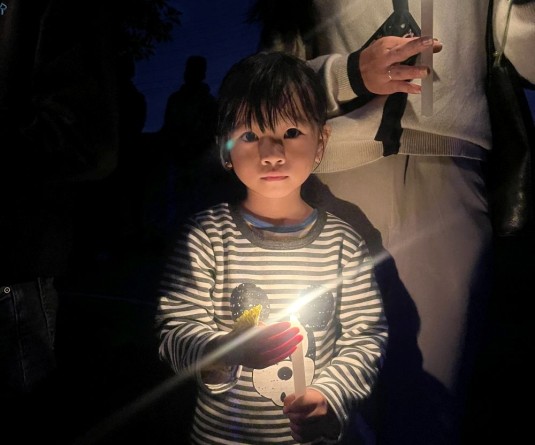
Morung Express News
Dimapur | May 3
As World Press Freedom Day is celebrated on May 3, the theme this year was ‘Media for Democracy: Journalism and Elections in Times of Disinformation.’
The day was proclaimed as such by the UN General Assembly in 1993 acting on a recommendation from UNESCO.
The day is used to “celebrate the fundamental principles of press freedom; assess the state of press freedom throughout the world; defend the media from attacks on their independence, and pay tribute to journalists who have lost their lives in the line of duty.”
The murder last October of prominent Saudi journalist Jamal Khashoggi attracted global attention and was widely denounced. The arrest and jailing of WikiLeaks founder Julian Assange is possibly the worst blow to free press in the world.
In India, increasing instances of suppression of media and violence against journalists have shaken the fourth pillar of democracy, and elsewhere in the world too. Reporting on sensitive issues has become ever more challenging as “attacks against journalists by supporters of Prime Minister Narendra Modi increased in the run-up to general elections in the spring of 2019”. (Reporters Sans Frontiers)
How many journalists died last year?
According to the International Federation of Journalists, a total of 97 journalists lost their lives across the world in 2018.
The number of deaths is higher than in 2017, but not as high as peaks recorded in previous years when conflicts in Iraq and Syria were raging. The highest number of media deaths recorded was 155 in 2006.
While war-torn countries like Afghanistan, Mexico and Yemen topped the list of violence against journalists, India stands at fifth spot with at least six deaths of journalists reported in 2018. The killings were majorly attributed to factors like “increasing intolerance to independent reporting, populism, rampant corruption and crime as well as the breakdown of law and order afflicting countr(y) in so-called peace time”.
Afghanistan remains one of the most deadly countries for journalists, with 16 deaths last year.
India scenario
India dropped two positions, from 138 in 2018 to 140 in 2019 in the world press freedom ranking, compiled by Reporters Without Borders. The report says, “coordinated hate campaigns waged on social networks against journalists who dare to speak or write about subjects that aggravate Hindutva followers are alarming and include calls for the journalists concerned to be murdered.”
The killing of prominent Kashmiri journalist Shujaat Bukhari was perhaps the most shocking incident in 2018. Editor of Srinagar-based Rising Kashmir, Bukhari was shot dead by masked gunmen just as he was leaving his office in Jammu and Kashmir’s summer capital on June 14.
The imprisonment of Manipur journalist Kishorechandra Wangkhem in December 2018 was also another telling instance of crackdown against journalists for expressing their opinion.
Media and democracy
The UN is highlighting this year the vital role of a free press for democracy, particularly during elections. The UN Secretary-General Antonio Guterres in a statement says that "no democracy is complete without access to transparent and reliable information."
Courtney Radsch, from the Committee to Protect Journalists, says anti-press rhetoric has become endemic in many countries. She believes social media and the internet have added to the issues journalists face.
Reporters Without Borders says that its 2019 World Press Freedom Index shows “how hatred of journalists has degenerated into violence, contributing to an increase in fear. The number of countries regarded as safe, where journalists can work in complete security, continues to decline, while authoritarian regimes continue to tighten their grip on the media.”
“The RSF Index, which evaluates the state of journalism in 180 countries and territories every year, shows that an intense climate of fear has been triggered — one that is prejudicial to a safe reporting environment. The hostility towards journalists expressed by political leaders in many countries has incited increasingly serious and frequent acts of violence that have fuelled an unprecedented level of fear and danger for journalists.”




